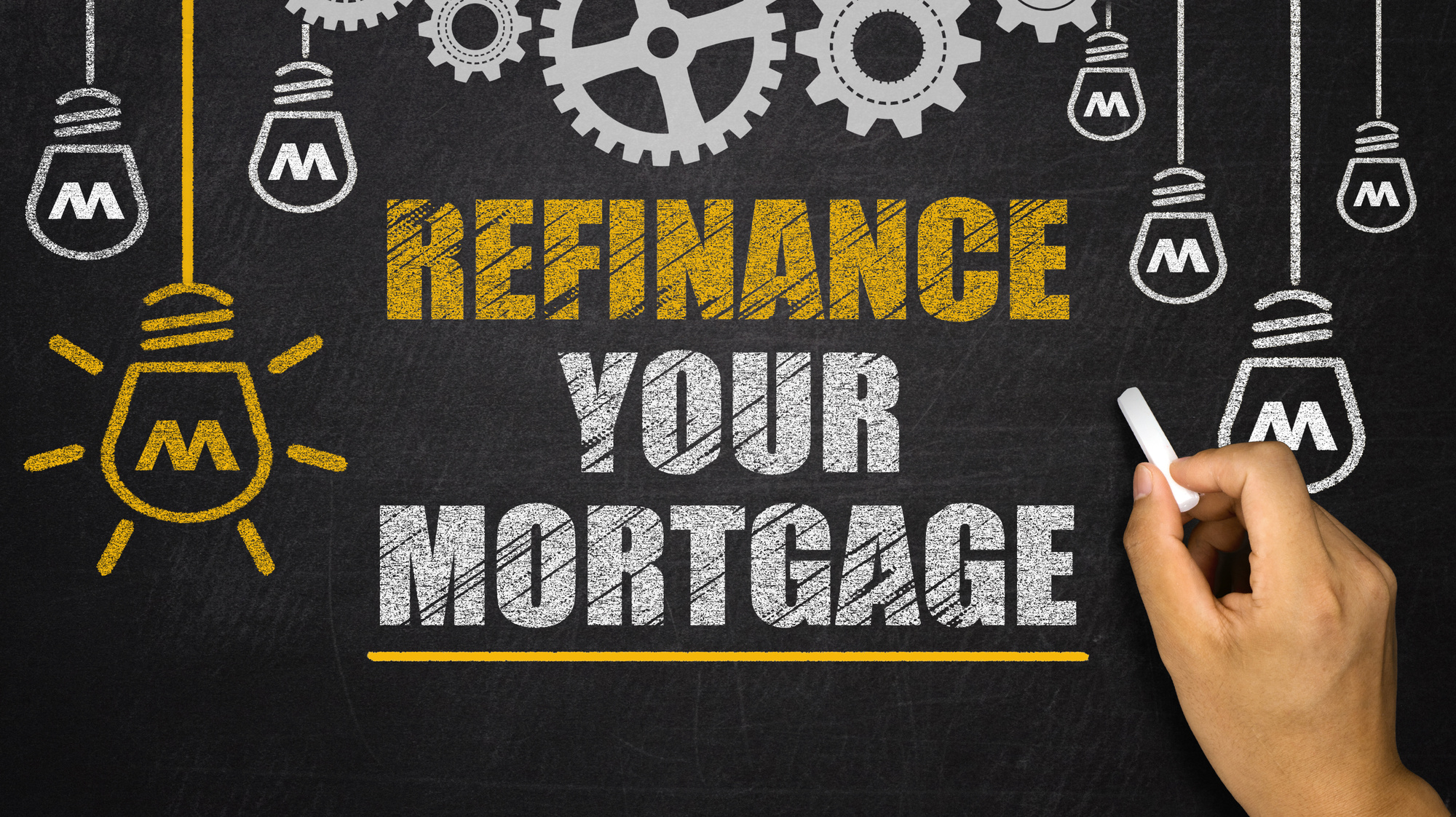How Much Does It Cost to Refinance a Mortgage?
The name of the game is saving money. And if you have a mortgage, refinancing can often save you a hefty amount. That doesn’t mean that’s always the case, nor does it mean that it’s a simple process.
It takes a bit of work to refinance a mortgage. Often there are hidden fees that could cut into the amount you save. So we’ll finally answer the question: how much does it cost to refinance a mortgage?
What Determines Refinance Rates?
On any particular day, the interest on a mortgage will cost X. If you got one in the 1980s, your interest rate could have been as high as 12% for a 30-year mortgage.
That’s a sky-high rate in comparison to mortgage rates from the past few years. But that number is going back up.
Last year, interest rates were the lowest ever seen. Now, in an attempt to combat inflation, those rates are on the rise.
The Federal government helps banks determine interest rates. This is done as a sliding scale. Banks then determine where they will land using that scale.
The final factor in determining the refinance rates is you, the applicant. Those with good credit and a reliable income source (or sources) will often receive lower interest rates than those that don’t.
A Few Mortgage Tips
First, if your mortgage is considerably higher than the current mortgage rate (which you can check on sites like triadbank.com) it’s advised you look into refinancing a mortgage. As stated before, the rates are on an upward trend.
Next, when shopping around for a great refinance, check if there are any additional costs and fees associated with refinancing. Often banks will have a flat rate or a percentage fee when issuing a refinance.
This comes as a one-time charge. The takeaway is that if you hope to refinance for a .01% difference on your rate, it may cost you more than you’re saving.
Always ask for the associated fees when refinancing.
Then there are the different term lengths of your loan. Looking for a 30-year loan? You’ll have a lower monthly payment, but likely a higher rate of interest. Meanwhile, a 15-year loan will be higher monthly, but a lower interest rate.
Finally: points. If you are unaware, points come in the form of upfront payments on a loan. The more you pay upfront, the lower you can often get a rate in that sliding scale, as mentioned before.
How Much Does It Cost to Refinance a Mortgage?
So to answer the question: how much does it cost to refinance a mortgage? Well, you’ll need to check with a bank to get an idea of the current sliding scale. Then you need to factor in your down payment, credit score, and any bank fees.
As of writing, those refinance rates are low. Like, extremely low. So make your move!
Reach out to a bank or financial institution to gauge their fees. The goal is to save money. Make your refinance count!


